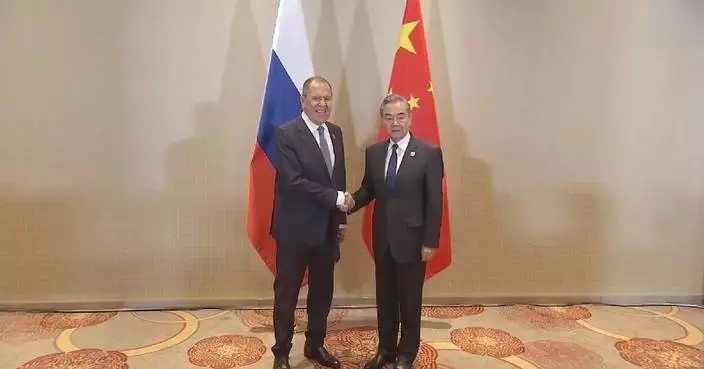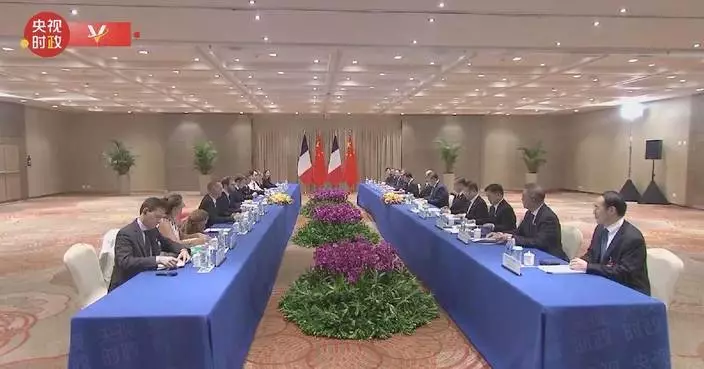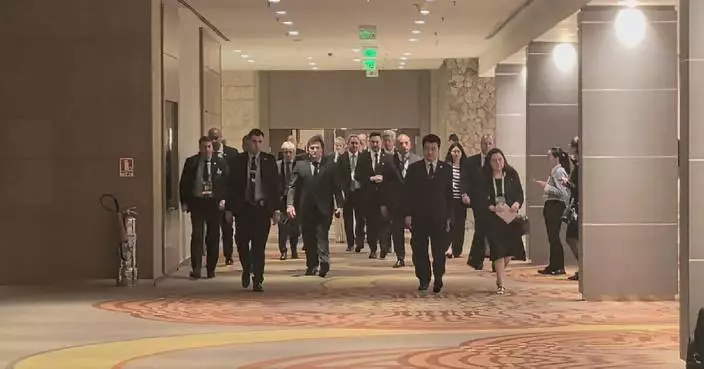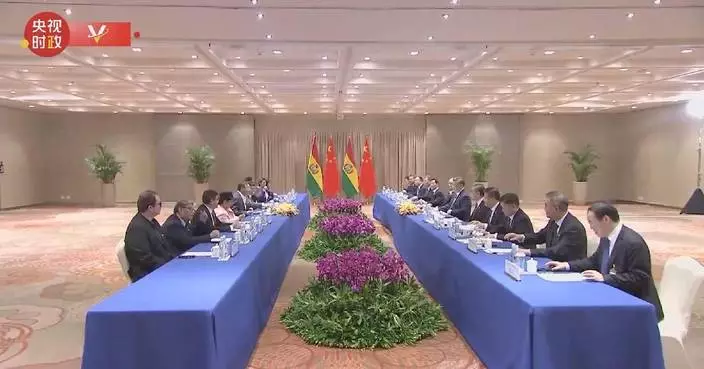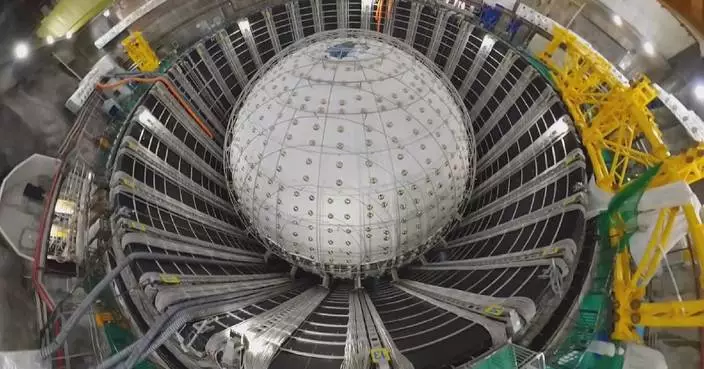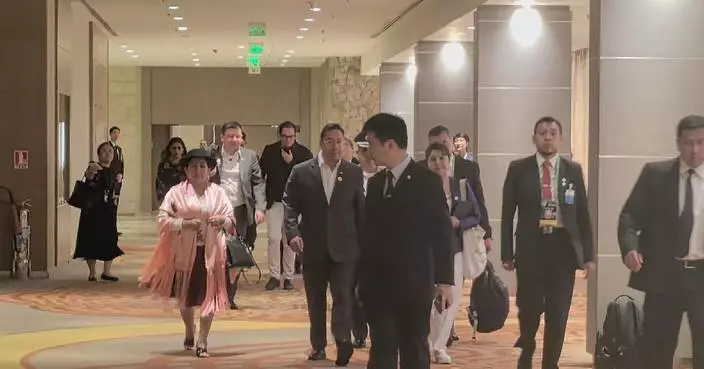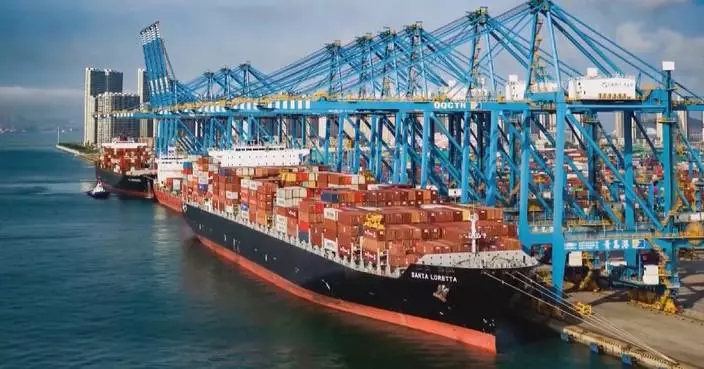China is ready to work with Germany to consolidate the China-Germany comprehensive strategic partnership, Chinese President Xi Jinping said on Tuesday when meeting with German Chancellor Olaf Scholz on the sidelines of the 19th G20 Summit in Brazil's Rio de Janeiro.
Xi recalled Scholz's visit to China back in April, during which they had candid, in-depth, and fruitful exchanges.
"We reviewed the significant experiences gained over the past decade since the establishment of the China-Germany comprehensive strategic partnership, and set the direction to guide the development of bilateral relations. Over the past six months, the two countries have achieved significant results in the fields of green development, automated and connected driving, cross-border data flow, sustainable transportation, and agricultural cooperation with Africa. China-Germany relations continue to glow with new vitality and dynamism," he said.
"At present, our world is going through accelerated major changes unseen in a century, with various conflicts and contradictions emerging and spreading. Global development stands at a critical crossroads. All humanity shares the same global village and a common future. The task to build an open, inclusive, clean, and beautiful world that enjoys universal security, lasting peace, and common prosperity is a common challenge faced by all countries," Xi said.
As the second and third largest economies in the world, China and Germany are both major countries with significant influence, Xi said, adding that the two countries need to view and develop bilateral relations from a long-term and strategic perspective.
"Our exchanges in the past more than half a century have shown that as long as both sides uphold mutual respect, mutual learning, and win-win cooperation, we can benefit the people of both countries and make significant contributions to promoting an equal and orderly multipolar world and universally beneficial and inclusive economic globalization. China is ready to work with Germany to consolidate the China-Germany comprehensive strategic partnership, continue writing the story of mutual cooperation, and make our world a peaceful, harmonious and prosperous family," said the Chinese president.
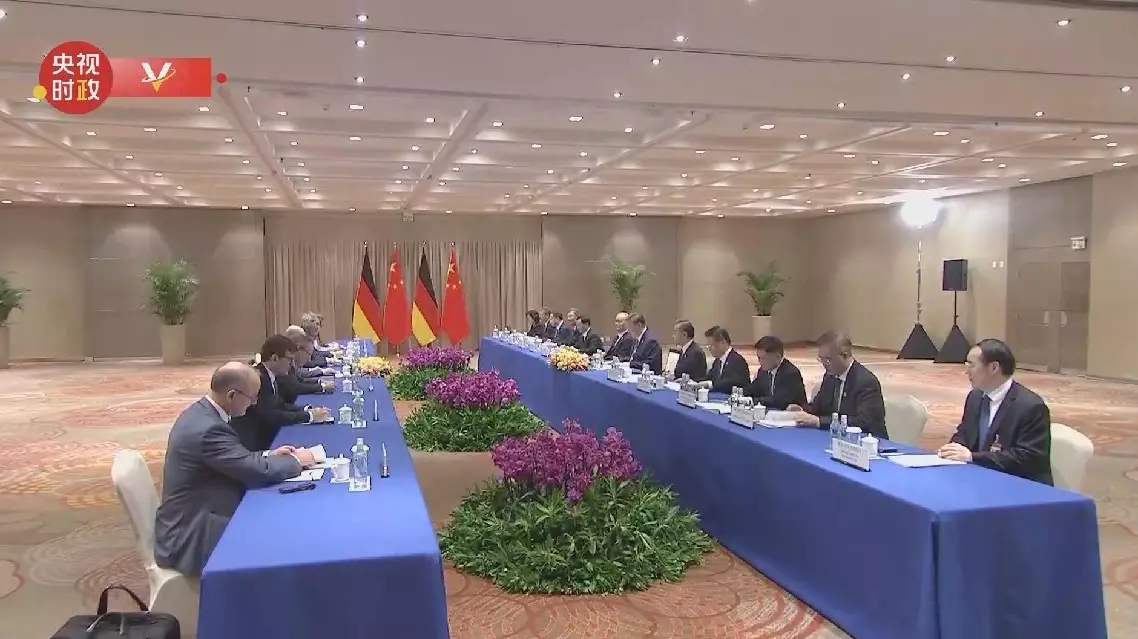
China ready to consolidate comprehensive strategic partnership with Germany: Xi
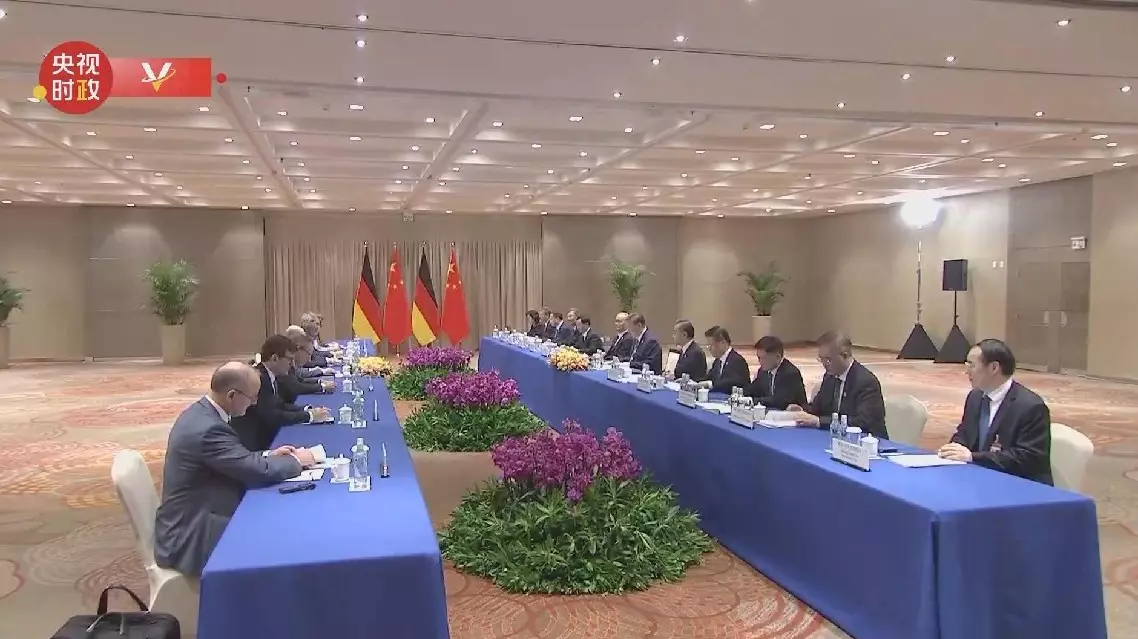
China ready to consolidate comprehensive strategic partnership with Germany: Xi
Chinese Foreign Minister Wang Yi and Subrahmanyam Jaishankar, India's external affairs minister, held talks on improving bilateral relations in Rio de Janeiro on Monday.
Wang, also a member of the Political Bureau of the Communist Party of China Central Committee, said that the successful meeting between President Xi Jinping and Prime Minister Narendra Modi in Kazan not long ago and the restart of China-India relations are in line with the fundamental interests of the two peoples, the expectations of Global South countries and the right direction of history.
The two sides should implement the important consensus reached by the two heads of state, respect each other's core interests, enhance mutual trust through dialogue and communication, handle differences properly with sincerity and integrity, and bring the bilateral relationship back on the track of stable and sound development at an early date, Wang said.
The two sides should send more positive signals and engage in actions that facilitate bilateral exchanges, enhance mutual trust and reduce suspicion, and carry out more cooperation and reduce attrition, Wang said.
The two sides should strive to make practical progress in such issues as resuming direct flights, exchanging journalists and easing visa procedures as soon as possible, he said.
Noting that next year marks the 75th anniversary of diplomatic ties between China and India, Wang said the two sides should plan commemorative activities, and encourage exchanges and visits in various fields and at different levels to enhance understanding and mutual trust.
Wang said China and India, as two neighboring major developing countries, have more common interests than differences, and they should view each other's development as an opportunity and work together to achieve common development and rejuvenation, which will help safeguard the legitimate rights and interests of developing countries and contribute to global multipolarity.
Both China and India adhere to a non-aligned foreign policy and multilateralism, and support the democratization of international relations, Wang said, adding that the two countries should continue to strengthen coordination and cooperation in international affairs and further develop mechanisms such as BRICS and the Shanghai Cooperation Organization.
For his part, Jaishankar said during the BRICS Summit in Kazan, leaders of both countries reached a consensus on promoting the stable development of India-China relations, and expressed satisfaction with the progress made to implement the leaders' consensus.
India hopes to restart relevant dialogue mechanisms swiftly and maintain the momentum for improving and developing bilateral relations through strengthened communication, he said.
The consensus between India and China far outweighs the differences. Both sides should view bilateral relations from a strategic perspective, properly handle relevant issues with a more positive attitude, and not let specific disagreement dominate bilateral ties, he added.
Jaishankar said the Indian side is willing to take the 75th anniversary of diplomatic ties between the two countries next year as an opportunity to push forward India-China relations.
As key players in international affairs, both countries demonstrate the potential for cooperation, Jaishankar said, adding that India opposes unilateralism, rejects military alliances, supports the democratization of international relations and is ready to strengthen coordination and cooperation with China within multilateral platforms like the G20 and BRICS.
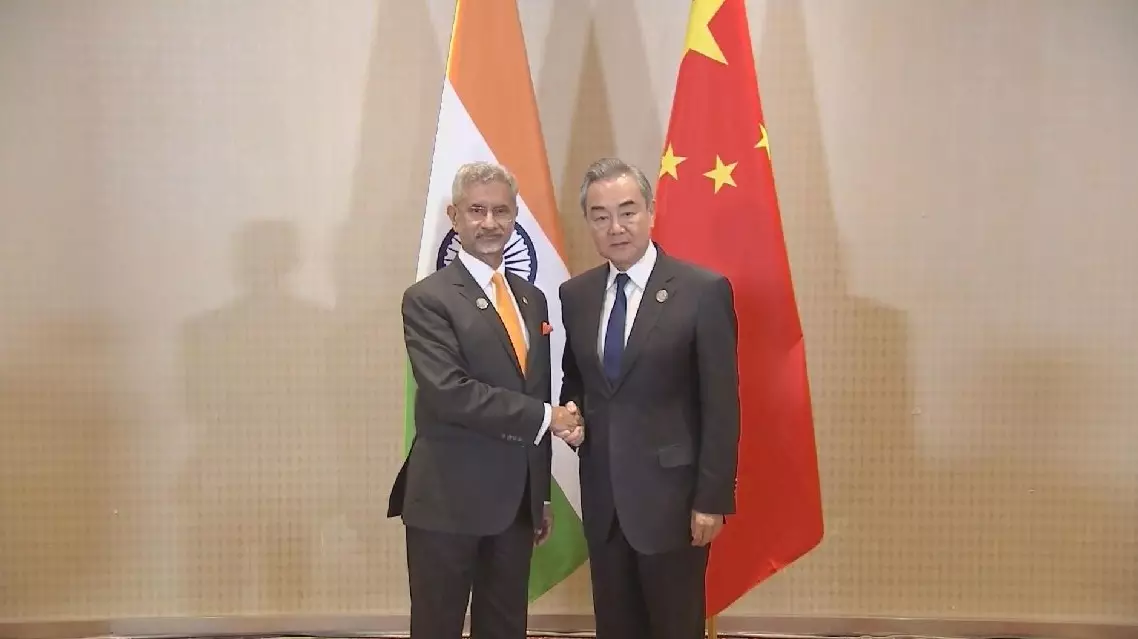
Chinese, Indian FMs meet on bilateral ties





